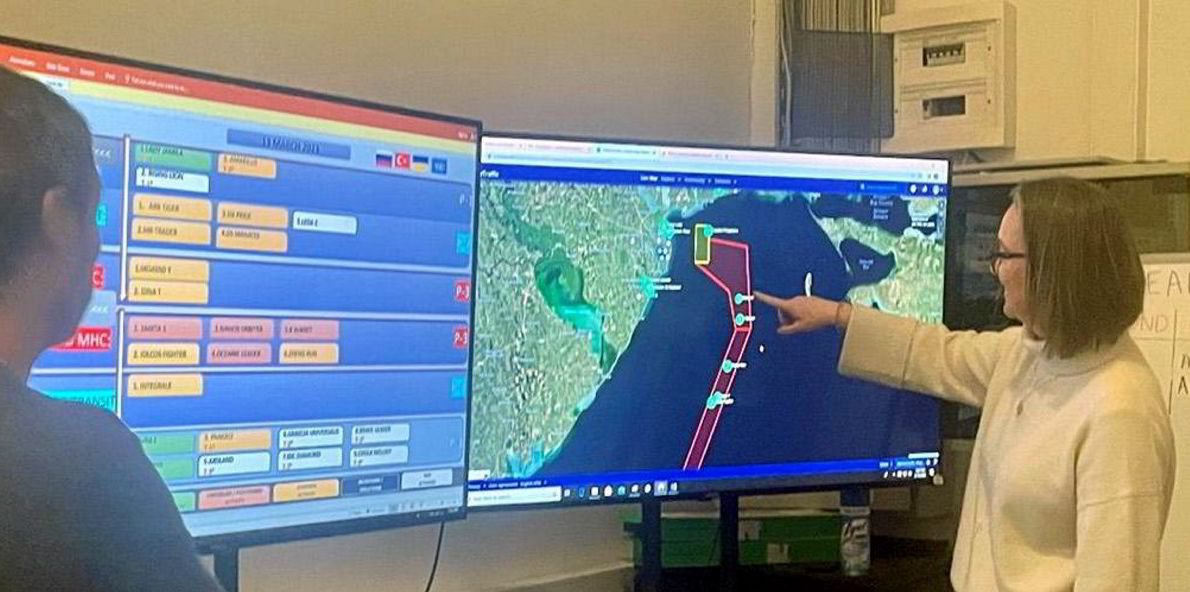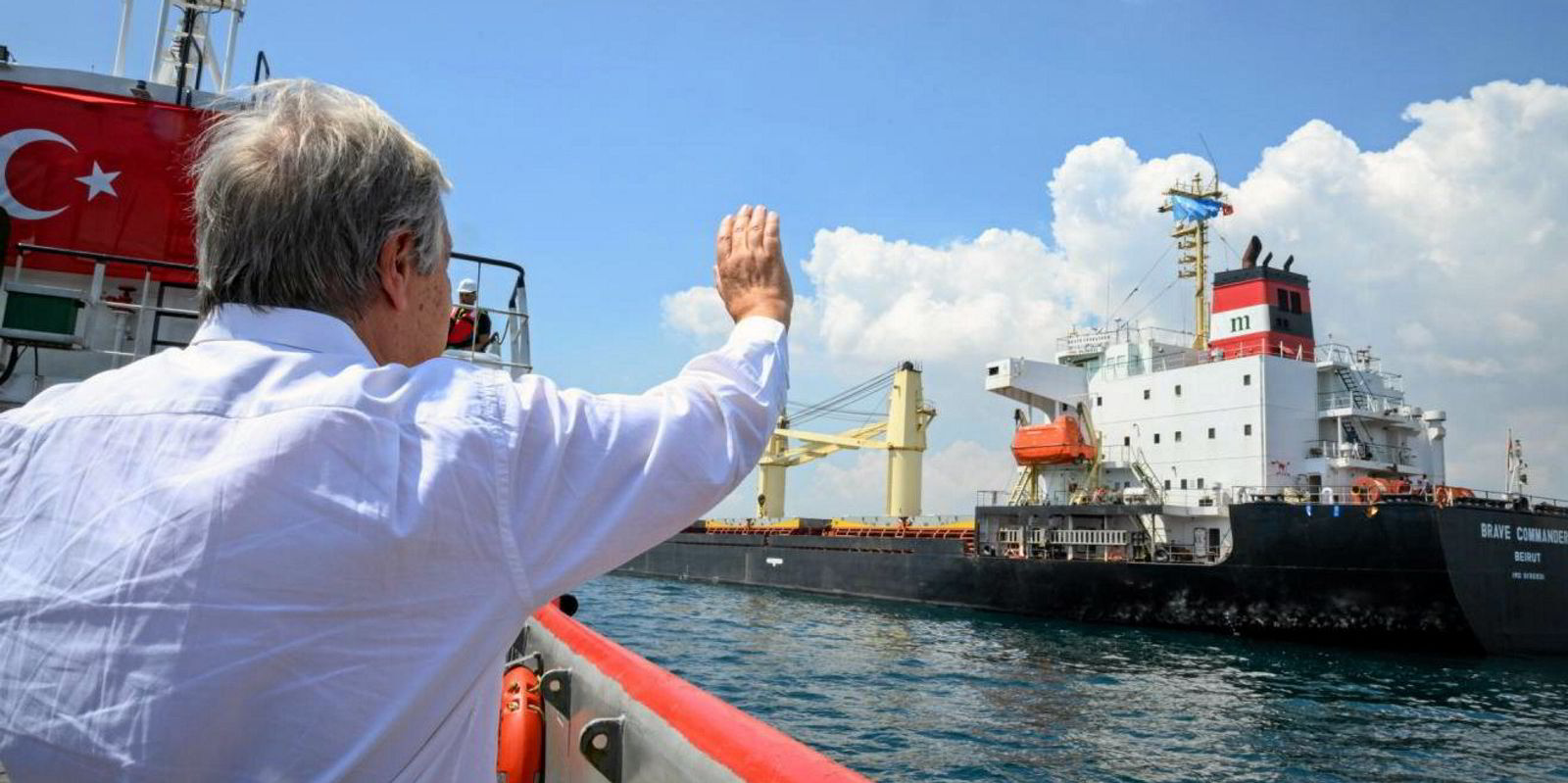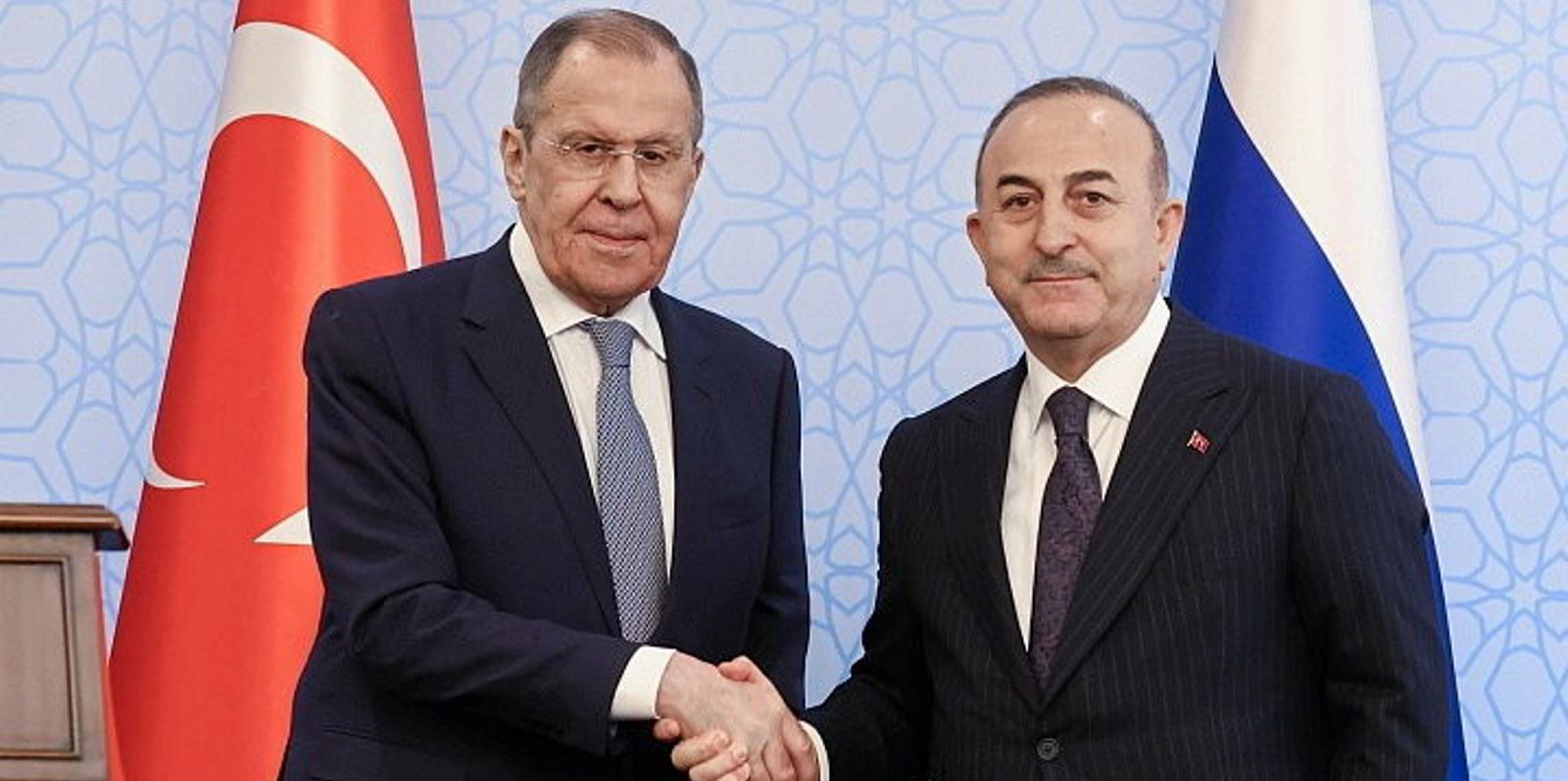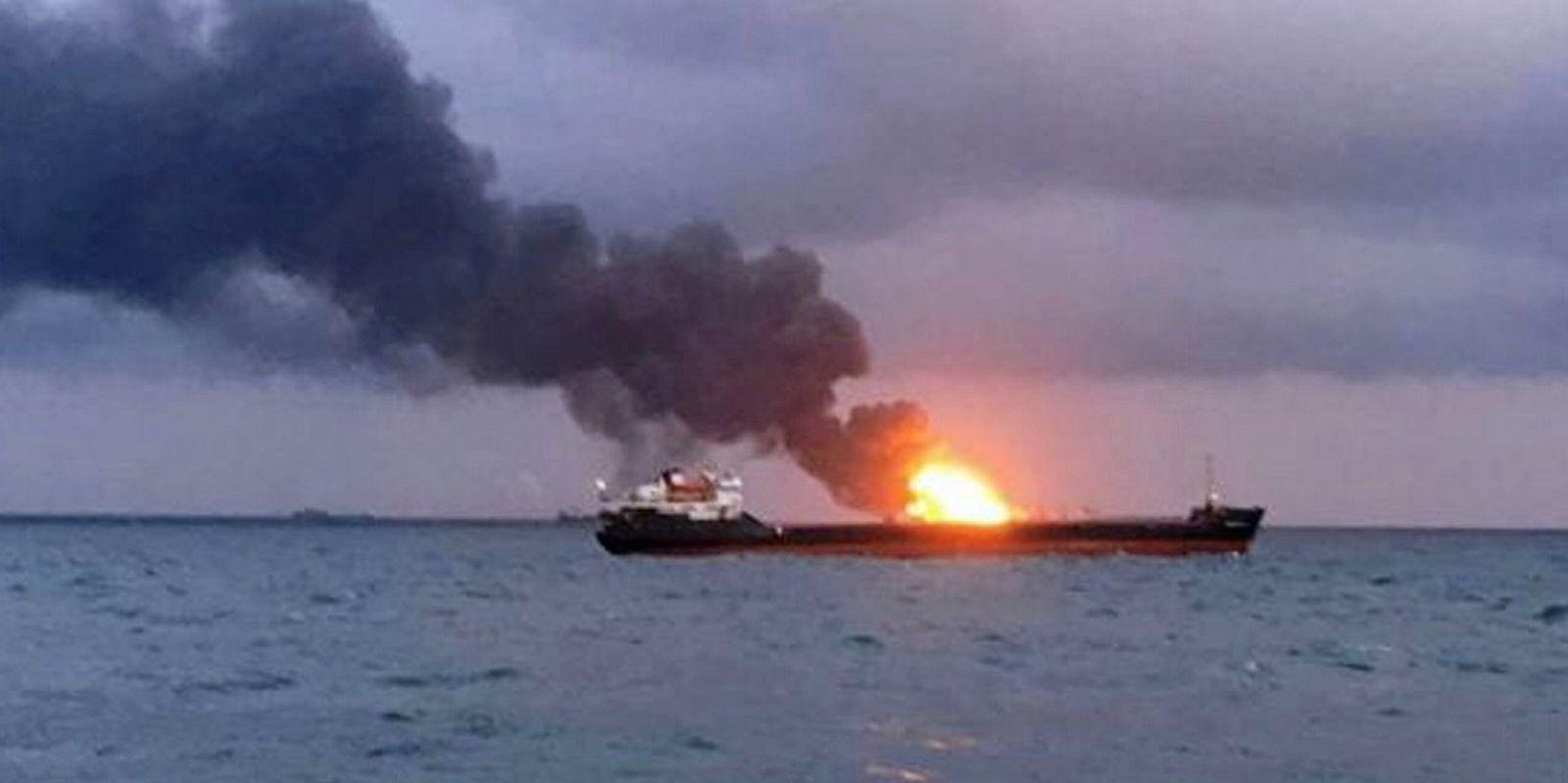Talks between Russia and Ukraine to extend the United Nations-brokered Black Sea grain corridor beyond its expiration date of 18 May ended without visible results in Istanbul on Thursday.
High-ranking officials from the two warring nations, however, agreed at least to continue talking at a “technical level” and to help repatriate some of the commercial vessels still trapped in Ukraine.
According to a statement by the defence ministry of Turkey, the country hosting the deal, all sides agreed to further pursue negotiations “in order for the grain initiative to continue its activities effectively”.
“Our wish is to extend the grain agreement,” Turkish defence minister Hulusi Akar said.
The UN-led Black Sea Grain Initiative (BSGI), under which nearly 30m tonnes of Ukrainian foodstuffs left three of the country’s ports since August last year, is already fading.
Inbound vessel movements through the initiative’s Joint Coordination Centre (JCC) in Istanbul have trickled to a halt since 6 May.
To make matters worse, Russian inspectors have been declining authorisation and registration of new, incoming ships since 4 May, according to Ukrainian port data.
Russian foot-dragging comes after protests by Moscow that it has no interest in continuing the BSGI any longer — at least in the way the initiative is currently running.
Russia accuses Western governments of failing to lift economic and other sanctions that would allow the unhindered, parallel export of its own grain, ammonia and fertiliser — as originally envisaged in the deal.
In a separate statement later on Thursday, the UN reiterated past pledges to help address Russian concerns.
“The meeting discussed the recent proposals by the UN, namely the resumption of the Togliatti-Odesa ammonia pipeline, improvements at the JCC for stable operations and export, as well as other issues raised by the parties,” the New York-based organisation said.
The resumption of the Togliatti-Odesa ammonia pipeline was one of several conditions that Russia posed in March, when it reluctantly agreed to extend the BSGI for just two months, until 18 May.
Others included the return of the Russian Agricultural Bank to the interbank SWIFT payments system; the resumption of supplies to Russia of agricultural machinery and spare parts; a lifting of restrictions on insurance and access to ports for related Russian ships and cargo; and the unblocking of accounts and financial activities of Russian fertiliser companies.
“If there are no guarantees for Russia, including on ammonia, the Black Sea initiative ceases to exist,” deputy Russian foreign minister Sergey Vershinin was quoted as saying on Thursday.
Bring the vessels back home
Even though grain markets have shrugged off concerns about a halt to the BSGI, the initiative is still seen as vital to maintain global food security and price stability.
A small part of the 29.8m tonnes of Ukrainian grain and foodstuffs carried so far under the scheme — 595,169 tonnes — accounts for UN World Food Programme humanitarian operations in Afghanistan, Ethiopia, Kenya, Somalia and Yemen.
The four-way talks held in Istanbul on Wednesday and Thursday were meant to help overcome the impasse.
Another issue on the agenda of the talks on 10-11 May was the repatriation of commercial vessels still trapped in various Ukrainian ports since Russia invaded the country in February 2022.
According to the Turkish defence ministry, the two belligerents “expressed their positive approach” and “support further work in the coming period” to help get at least the Turkish vessels among them out, and their crews.
On 12 May, Akar announced that six Turkish ships would return from Ukraine.
An evacuation of the Turkish ships is hoped to “serve as a model” to do the same for vessels from other nations, his ministry said.
About 60 ships with a steel value of $440m are trapped in Ukraine, according to the International Maritime Organization and independent estimates.
Some owners have received the full payout for their trapped vessels, some have been partly paid, while for others negotiations with insurers are continuing.
Star Bulk Carriers told TradeWinds last month that it has issued a statement of abandonment to underwriters for its 82,400-dwt bulk carrier Star Pavlina (built 2021), which has been caught in the port of Mykolaiv.
Trapped vessels have been unlucky to be located in ports other than Chernomorsk, Odesa and Yuzhny/Pivdennyi — the three terminals covered by the BSGI.






